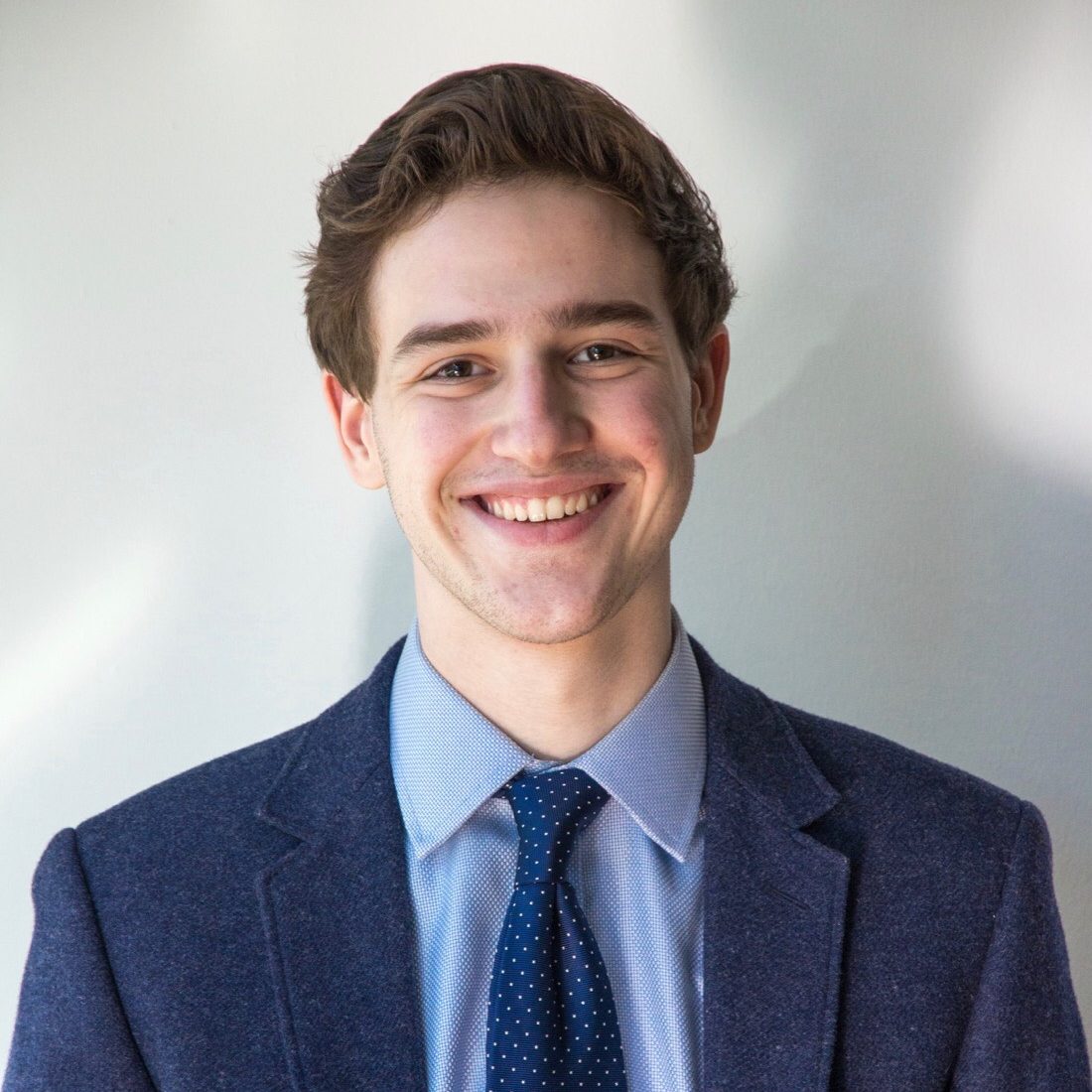Andrew Welser (PPE ’19) Awarded Waldbaum Archaeology Scholarship
From May 12 to June 8, Andrew Welser participated in the archaeology field school at Cerveteri, Italy, an Etruscan-Roman site listed among the UNESCO World Heritage Sites.

This summer, from May 12 to June 8, Andrew Welser (PPE ’19) participated in the archaeology field school at Cerveteri, Italy, an Etruscan-Roman site listed among the UNESCO World Heritage Sites. Dubbed the Caere Project, the dig was directed by Queen’s University, Ontario, Canada and took place on the site of the Etruscan city of Cisra, called Caere by the Romans.
Andrew won grant funding from the Archaeological Institute of America for his studies at Caere. He received the Jane C. Waldbaum Field School Scholarship, created for students participating in archaeological field work for the first time.
Andrew says, “It was such a privilege to uncover part of a culture as ancient and influential as that of the Etruscans with the Caere Project. Participating in the dig has helped me to narrow my field of study as I look to apply to graduate programs in the fall.”
Led by project director Dr. Fabio Colivicchi of Queen’s University, Andrew and approximately 40 others continued investigation of a religious compound in the center of the ancient city. The religious compound, as well as the urban area near the city center, has been studied far less than the tombs that made the city famous. The Archaeological Institute of America states, “While the cemetery has early attracted scholarly attention, the exploration of the city has begun much later. Though some sanctuaries are known, the general plan of the city is still largely unknown.”
The 2018 Caere Project centered on uncovering a new section of the ancient urban complex. The team uncovered a large set of walls and several wells, and collected shards of pottery that will be used to date their findings. The project also revealed an underground religious complex that appears to be related to the city’s incorporation into Roman political life in the third century B.C., Andrew says.
Besides the archaeological field work, the Caere Project field school included classes on Etruscan and Roman archaeology, field methods of archaeology, and field conservation taught by members of the Queen’s University faculty. Andrew says, “The Politics, Philosophy, and Economics program prepared me to jump into the world of classical archeology without missing a beat. For example, my ancient philosophy classes gave me a firm grounding in classical Greek thought, and my economics and politics classes helped me to understand the significance of the Etruscans’ trading network and the implications this had for their religious and political institutions.”
Andrew notes that through the dig he has appreciated engaging with a “generally secular academic world” as a committed Christian. “It’s been humbling to try to dispel a few of my Canadian and European colleagues’ negative preconceptions about Christian thought.”
Andrew says, “I am the beneficiary of a King’s faculty that is genuinely invested in its students. I am especially grateful for Dr. Steele Brand, who has helped me pursue my interest in the ancient Mediterranean world for nearly three years, and for Dr. Joshua Kinlaw, who used his experience to assist me in starting to navigate the world of archaeology.”





